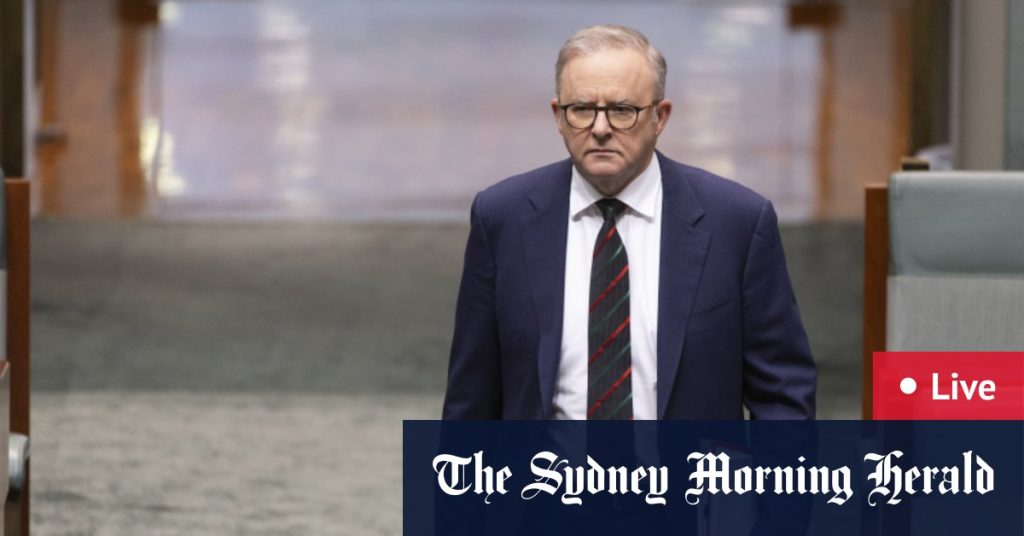Home Affairs Minister Clare O’Neill and Liberal senator Jane Hume engaged in a heated argument on breakfast television over a tribunal decision that allowed a convicted kidnapper, Kevin Farrugia, to remain in Australia. The Administrative Appeals Tribunal overturned the cancellation of Farrugia’s visa, citing his crimes and long-standing ties to gangland boss Tony Mokbel. The Coalition used this case to criticize Immigration Minister Andrew Giles for leniency in allowing convicted criminals to stay in the country under ministerial direction 99. O’Neill and Hume traded barbs over who was to blame for the situation, with Hume accusing the government of seeking excuses and O’Neill calling out the hypocrisy of the Coalition.
Hume accused O’Neill of being “shameless” for suggesting that former Home Affairs Minister Peter Dutton could have cancelled Farrugia’s visa back in 2019 when his criminal activities first came to public attention. She criticized Labor’s Direction 99 for contributing to the tribunal decision and claimed that a criminal was now walking the streets because of this policy. Hume also defended Dutton’s record of canceling 6,500 visas during his tenure as immigration minister, positioning him as tough on crime. O’Neill interrupted to accuse Hume of hypocrisy, leading the Sunrise host, Natalie Barr, to intervene and end the argument, noting that the tone was not conducive to constructive dialogue.
The clash between O’Neill and Hume highlighted broader tensions within the political debate around immigration and crime enforcement in Australia. The case of Kevin Farrugia raised questions about the effectiveness of visa cancellation policies, the role of ministerial discretion in such decisions, and the impact of partisan politics on discussions of law and order. O’Neill’s criticism of Dutton’s record on releasing convicted criminals from immigration detention and Hume’s defense of his actions showed the depth of disagreement between the two major parties on these issues, reflecting a wider divide within the government.
The dispute between O’Neill and Hume underscored the challenges facing policymakers in balancing concerns about national security, public safety, and individual rights in the realm of immigration and criminal justice. The debate over ministerial direction 99 and its impact on the tribunal’s decision in Farrugia’s case highlighted the complexities of immigration law and the competing interests at play in decisions about visa cancellations. O’Neill’s accusation of hypocrisy and Hume’s defense of the government’s record demonstrated the fierce rivalry between the Labor and Coalition parties, complicating efforts to find common ground on contentious issues.
The abrupt end to the television segment signaled the difficulty of engaging in meaningful dialogue on complex and contentious topics in the public sphere. The intervention of the host to stop the argument reflected a desire to maintain a civil and respectful conversation, but also highlighted the challenges of addressing deeply entrenched differences in a constructive manner. The clash between O’Neill and Hume served as a microcosm of larger debates within Australian politics, illustrating the competing narratives and entrenched positions that shape policy discussions and decision-making processes in the country.
As the political fallout from the Farrugia case continues to unfold, the clash between O’Neill and Hume offers a glimpse into the tensions and divisions that characterize debates over immigration, crime, and border security in Australia. The exchange between the two politicians shed light on the complexities and challenges of addressing these issues in a polarized political environment, where competing interests and ideologies often clash. The incident on breakfast television served as a reminder of the need for constructive dialogue, respectful debate, and a willingness to engage with different perspectives in order to find solutions to complex policy challenges in the future.













